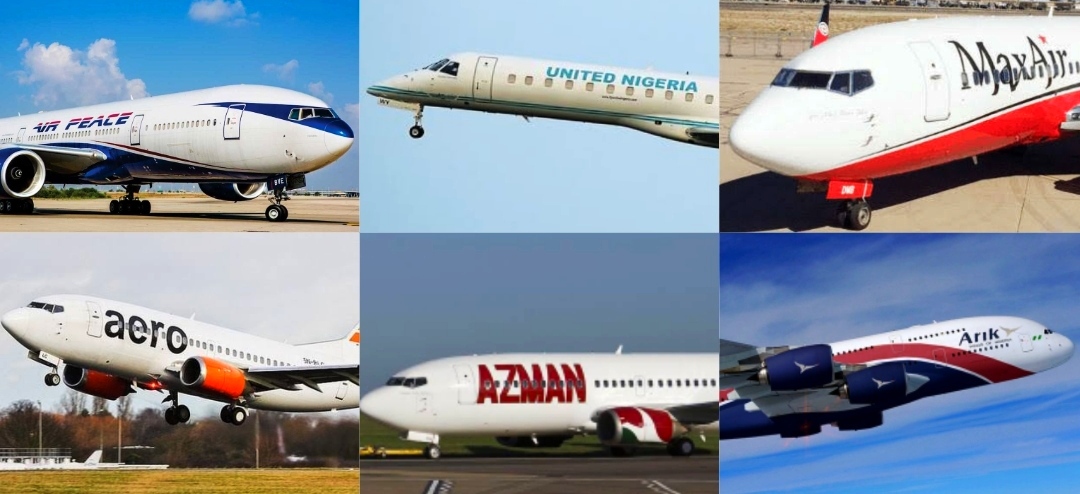There are no products in your shopping cart.
| 0 Items | £0.00 |


AIRLINE experts have warned that Nigeria needs an additional 159 aircraft by 2042 if the country's aviation industry is to realise its economic potential and maintain the required health and safety standards required of it.
Nigeria's aviation industry has struggled to cope with the expanding market, with airlines finding it hard to upgrade their planes. With the rise in the cost of aviation fuel and the lack of a local maintenance, repair and overhaul facility, things have been dire for the domestic industry of late.
Foreign airlines for their part, have suffered from the effects of not being able to convert their profits into hard currency and repatriate it. All these problems are coming at a time with the Nigerian aviation market is growing and ideally, should be making immense profits, enabling it to compete in the international marketplace.
Joel Ellers, Airbus's marketing director for Africa, said he believes that Nigeria needs an additional 159 aircraft by 2042 if the sector is to compete with foreign airlines. According to Mr Ellers, the Nigeria’s aviation sector holds huge economic opportunity for international and domestic investors, as at the moment, non-African carriers carry 80% of traffic into Africa.
Mr Ellers said: “Airline business modules are different but we will always work out the best module for Nigerian airline operators. By 2042, there will be a need for 159 additional aircraft to service Nigeria’s market.”
He further encouraged airlines to acquire new-generation aircraft, noting that they were more energy-efficient and profitable. According to Mr Ellers, 75% of aircraft flying worldwide are old-generation, while only 25% are the latest generation.
Last month, the Nigeria Civil Aviation Authority introduced new regulations requiring all scheduled passenger airlines to operate at least sic aircraft. It insisted that both start-ups and established carriers have this minimum number of planes to ensure they have the financial and operational capacity to maintain reliable and regular operations.